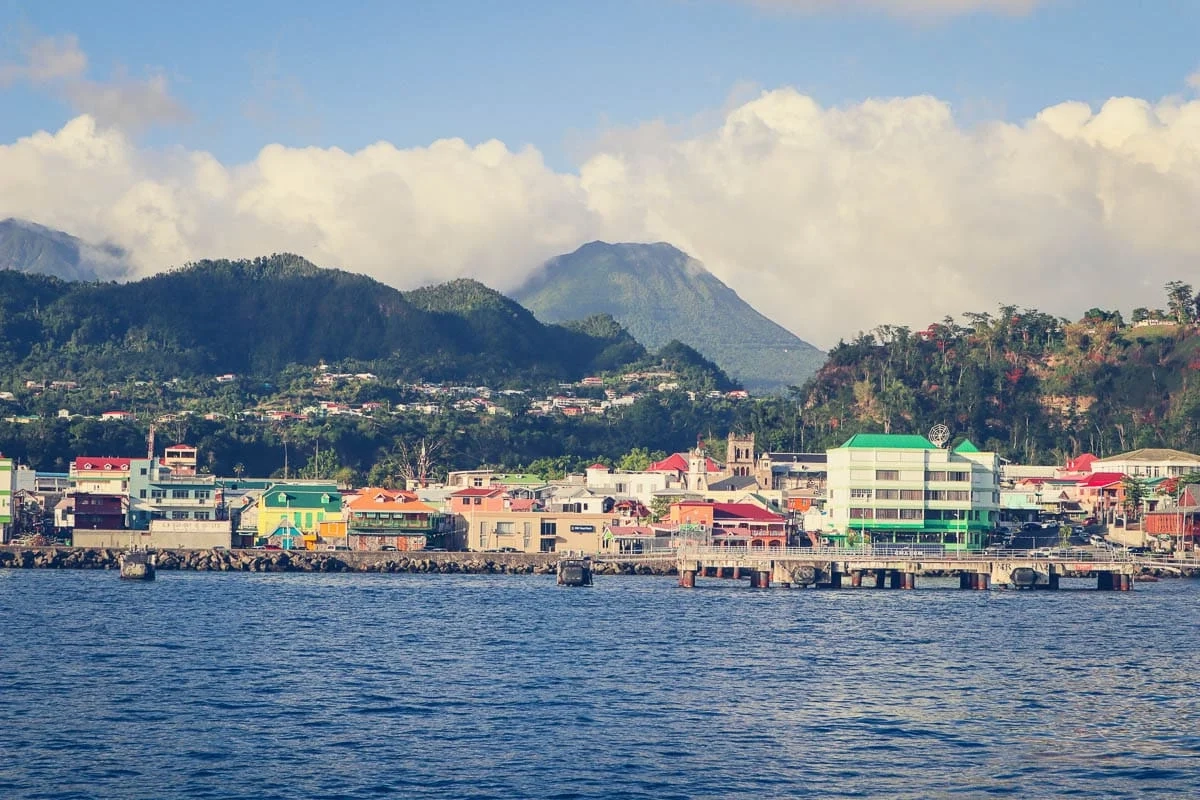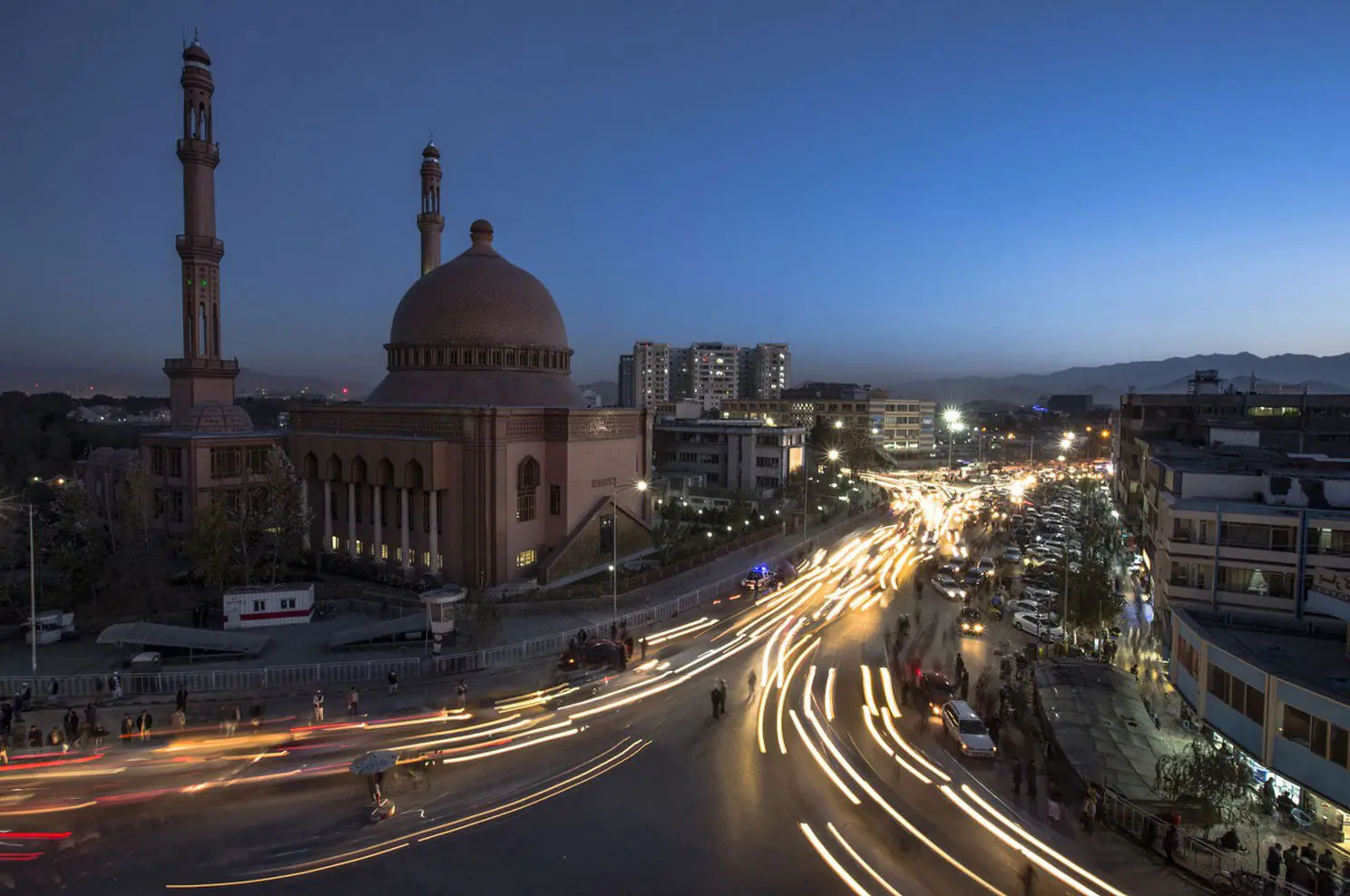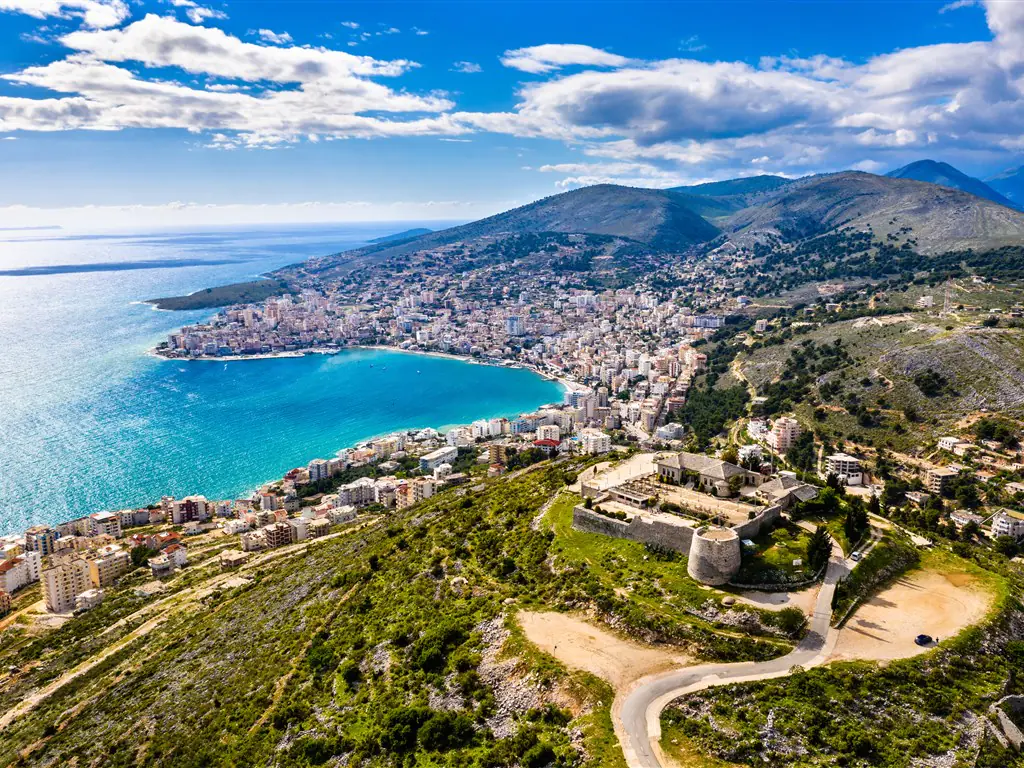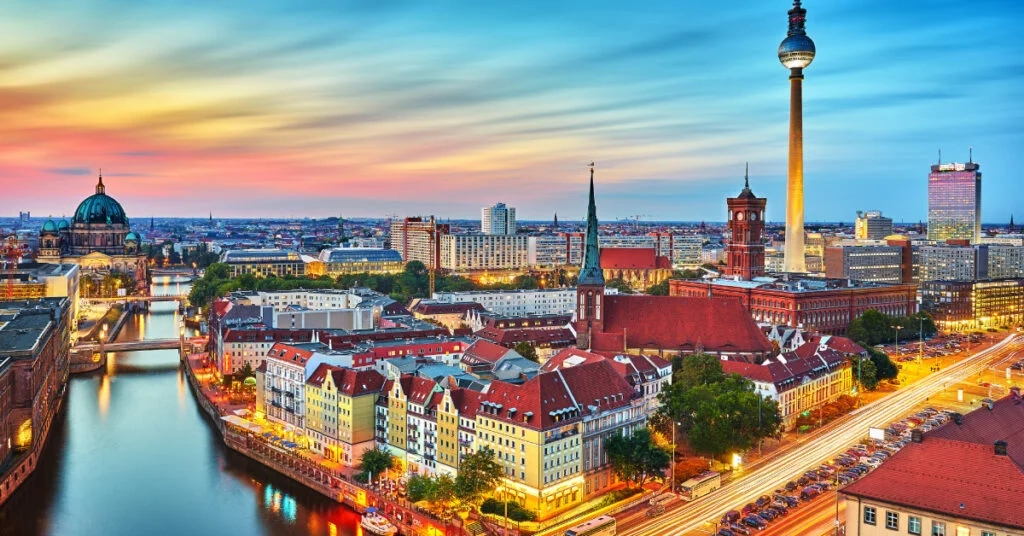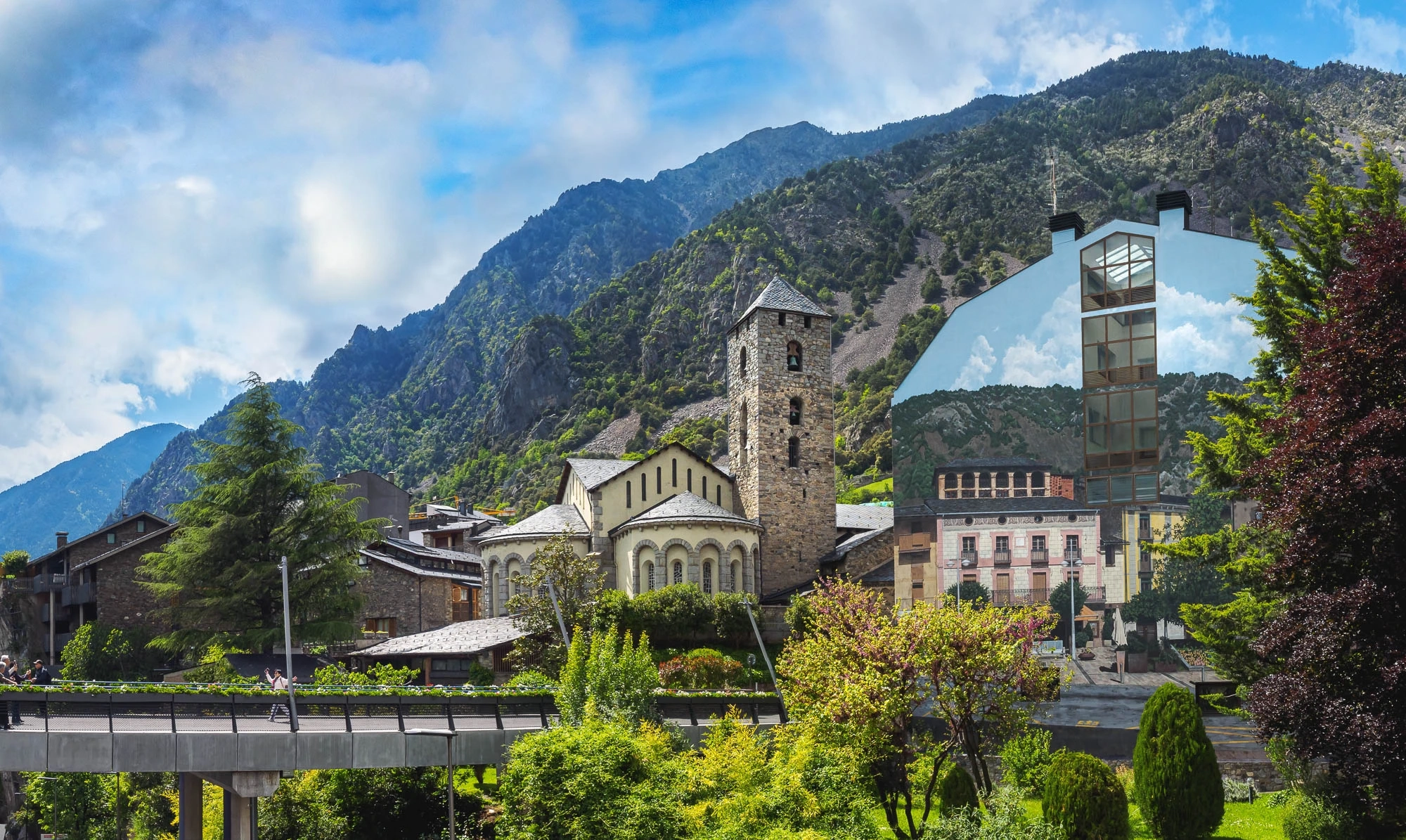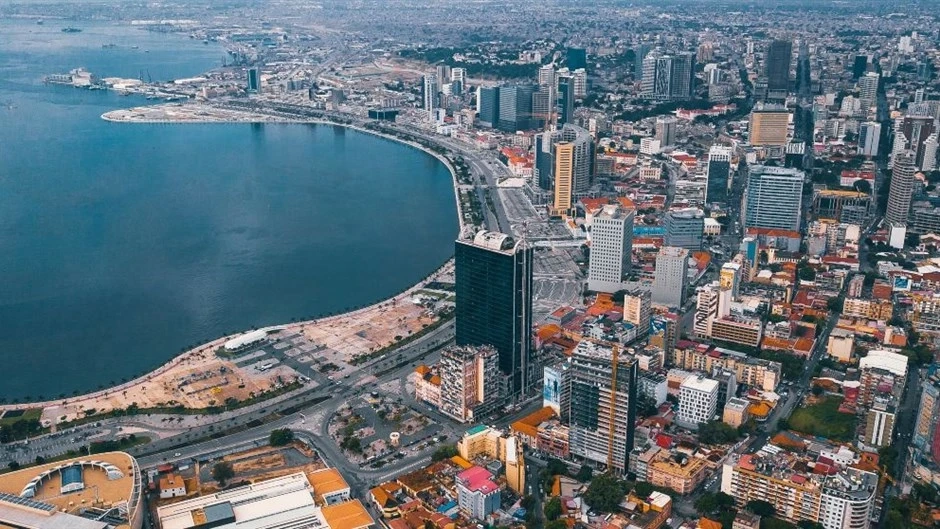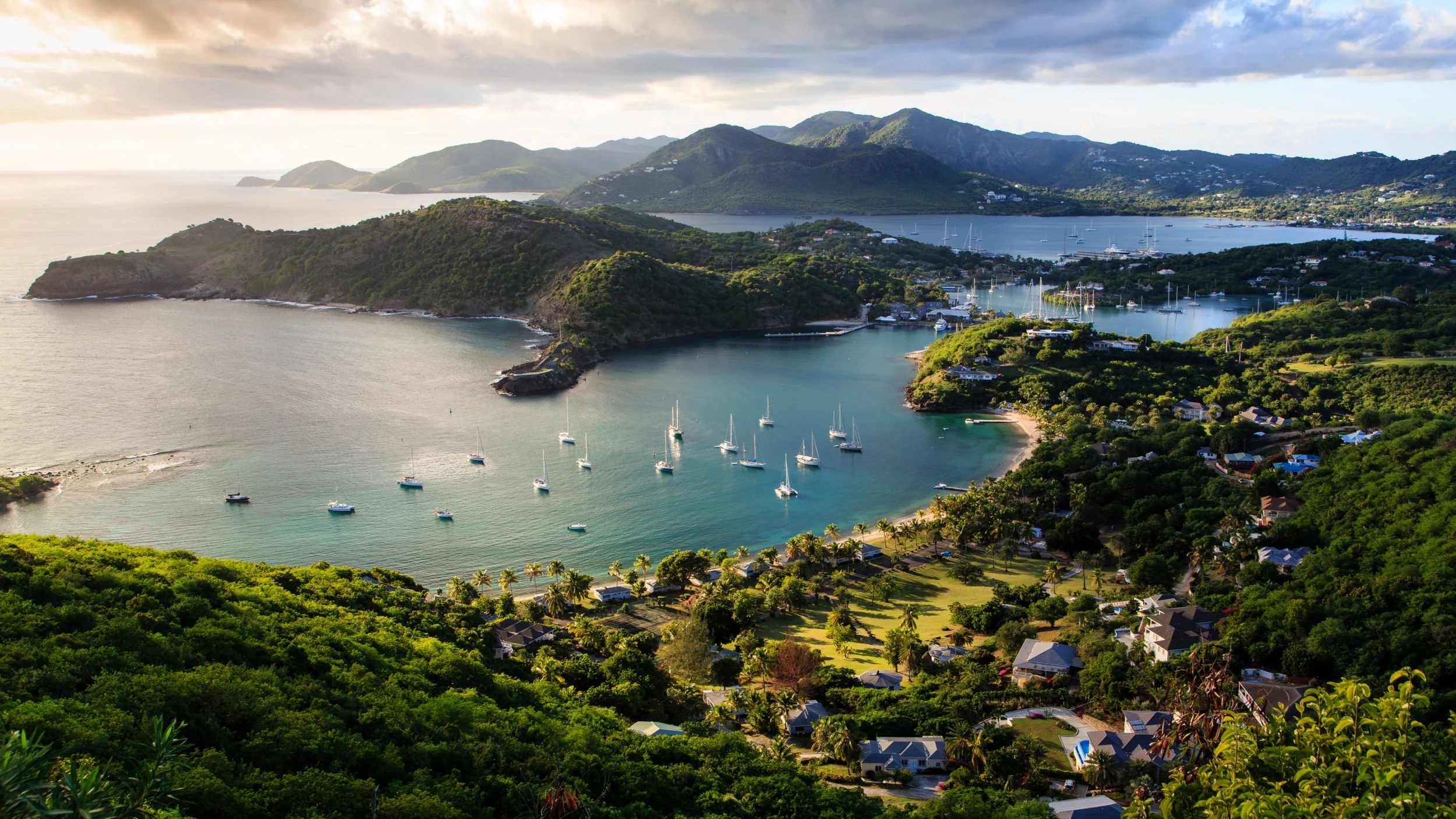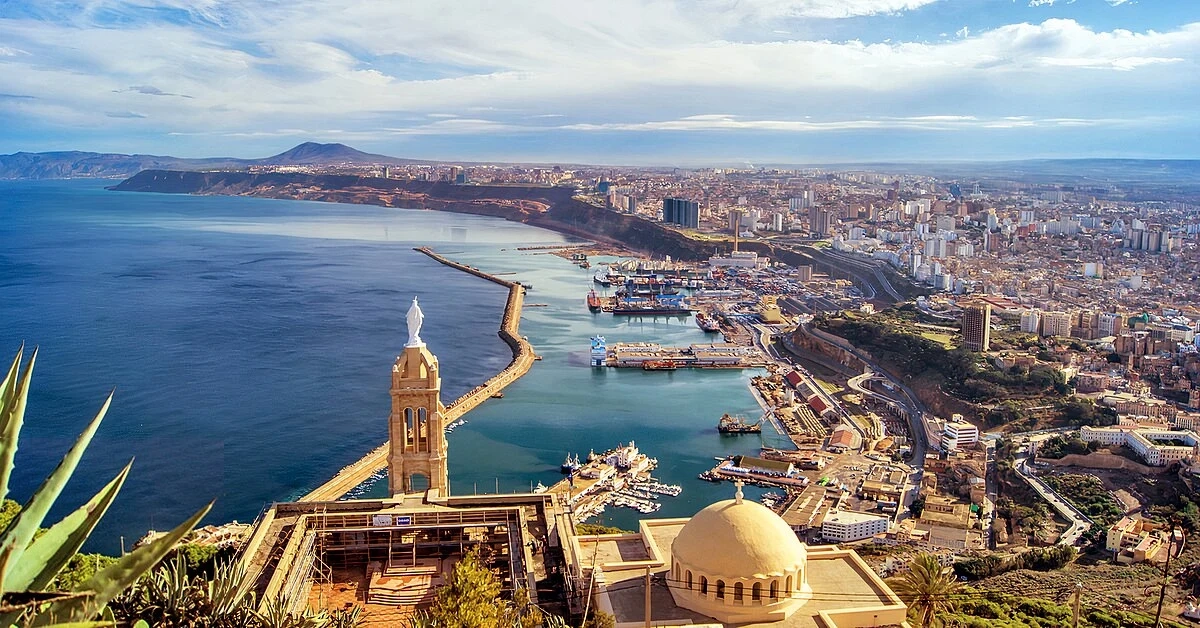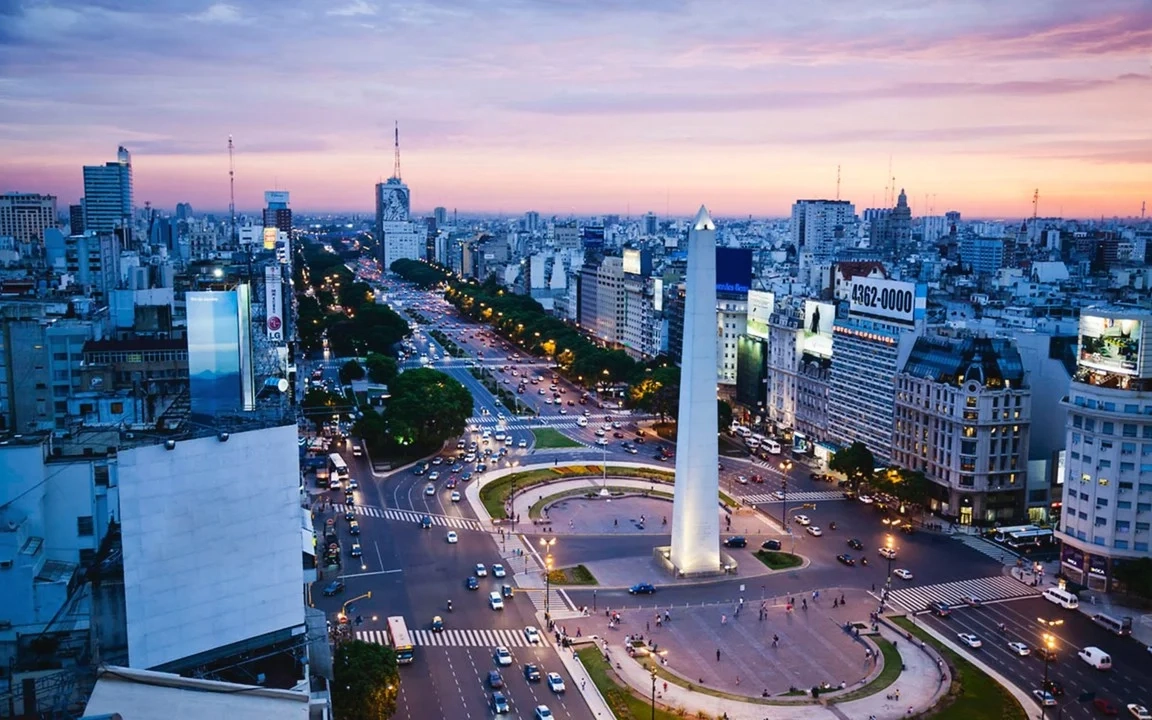1. Cost of Rent: Rent in Dominica can vary based on location and amenities. In general, housing costs may be moderate compared to more developed countries.
2. Healthcare: Dominica has a public healthcare system, and medical facilities are available. Access to healthcare services may be more limited in remote areas.
3. Transport: Public transportation options include buses and shared taxis. Having a personal vehicle might be convenient, especially in rural areas.
4. Food: Local markets offer fresh produce, and traditional Caribbean cuisine is prevalent. Imported goods may be more expensive than locally produced items.
5. Cultural Richness: Dominica has a rich cultural heritage with influences from African, Caribbean, and indigenous traditions. Festivals and events celebrate the island's history and cultural diversity.
Providing a specific, single sum for the average cost of living in Dominica is challenging due to variations in individual lifestyles and spending habits. However, a rough estimate of monthly living expenses for a single person could range from $800 to $1,500 USD, depending on factors such as accommodation, dining choices, and lifestyle.
Pros:
• Natural Beauty: Dominica is known as the "Nature Isle of the Caribbean" for its lush rainforests, waterfalls, and diverse flora and fauna.
• Community Spirit: Dominica is known for its friendly and close-knit communities.
• Citizenship by Investment: Dominica offers a Citizenship by Investment (CBI) program, allowing investors to obtain citizenship by making a qualifying investment in the country.
• Relaxed Lifestyle: The pace of life in Dominica is generally slower, offering a more relaxed lifestyle compared to busier urban areas.
• Affordable Living: While costs can vary, Dominica is often considered more affordable than some other Caribbean destinations.
Cons:
• Limited Job Opportunities: The island's economy is small, and job opportunities, especially in specific industries, may be limited. Many expatriates choose to work remotely or start their own businesses.
• Infrastructure Challenges: Dominica faces occasional challenges with infrastructure, including roads and public services. Some areas may not have reliable access to utilities.
• Healthcare: While there are healthcare facilities, the country's medical infrastructure may not be as extensive as in larger nations. Serious medical conditions may require evacuation to nearby countries.
• Natural Disasters: Dominica is prone to hurricanes and tropical storms, which can pose risks and disrupt daily life.
• Isolation: For some individuals, the remoteness of the island may be a drawback, especially if they prefer easy access to major international cities.
1. Roseau: Roseau is the capital and largest city of Dominica. It offers some amenities, government offices, and services. The city is situated on the western coast and has a mix of colonial and modern architecture.
2. Portsmouth: Located on the northwest coast, Portsmouth is the second-largest town in Dominica.
3. Soufrière: This town is on the southwestern coast and is known for its proximity to the famous Soufrière sulfur springs. It's a smaller community with a laid-back atmosphere.
4. Mahaut: Situated inland, Mahaut is a residential area with a mix of housing options. It's close to Roseau, making it convenient for those who want to access the capital easily.
5. Canefield: Canefield is located near the Douglas-Charles Airport, making it accessible for those who travel frequently.
- Understand Residency Options:
Dominica offers several residency options, including the Citizenship by Investment Program (CIP), which allows individuals to obtain citizenship through an investment in the country. Explore the different residency programs and choose the one that aligns with your goals and circumstances.
- Financial Planning:
Consider the financial aspects of immigration, including the investment required for the chosen program. Plan your finances to cover not only the immigration process but also living expenses in Dominica.
- Visit Dominica Before Immigration:
If possible, visit Dominica before making a final decision. Familiarize yourself with the local culture, lifestyle, and available amenities. Explore potential areas where you might want to live.
- Build Local Connections:
Establish connections with locals and expatriates who have already immigrated to Dominica. Join expatriate communities or forums to gather insights and advice from individuals with similar experiences.
- Healthcare and Insurance:
Research healthcare facilities in Dominica and understand the local healthcare system. Consider obtaining health insurance to cover medical expenses.
